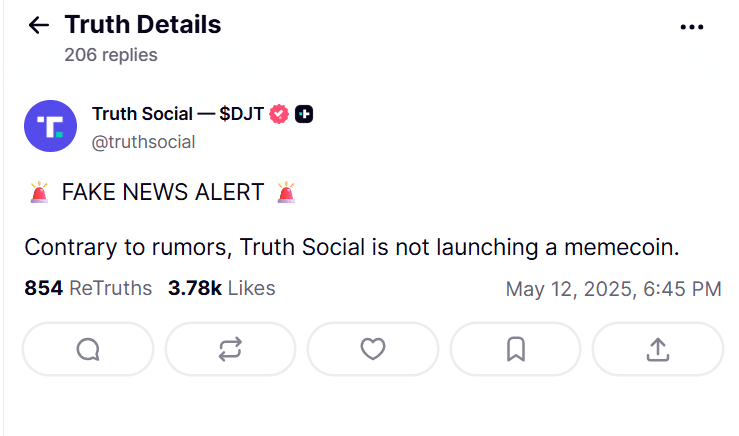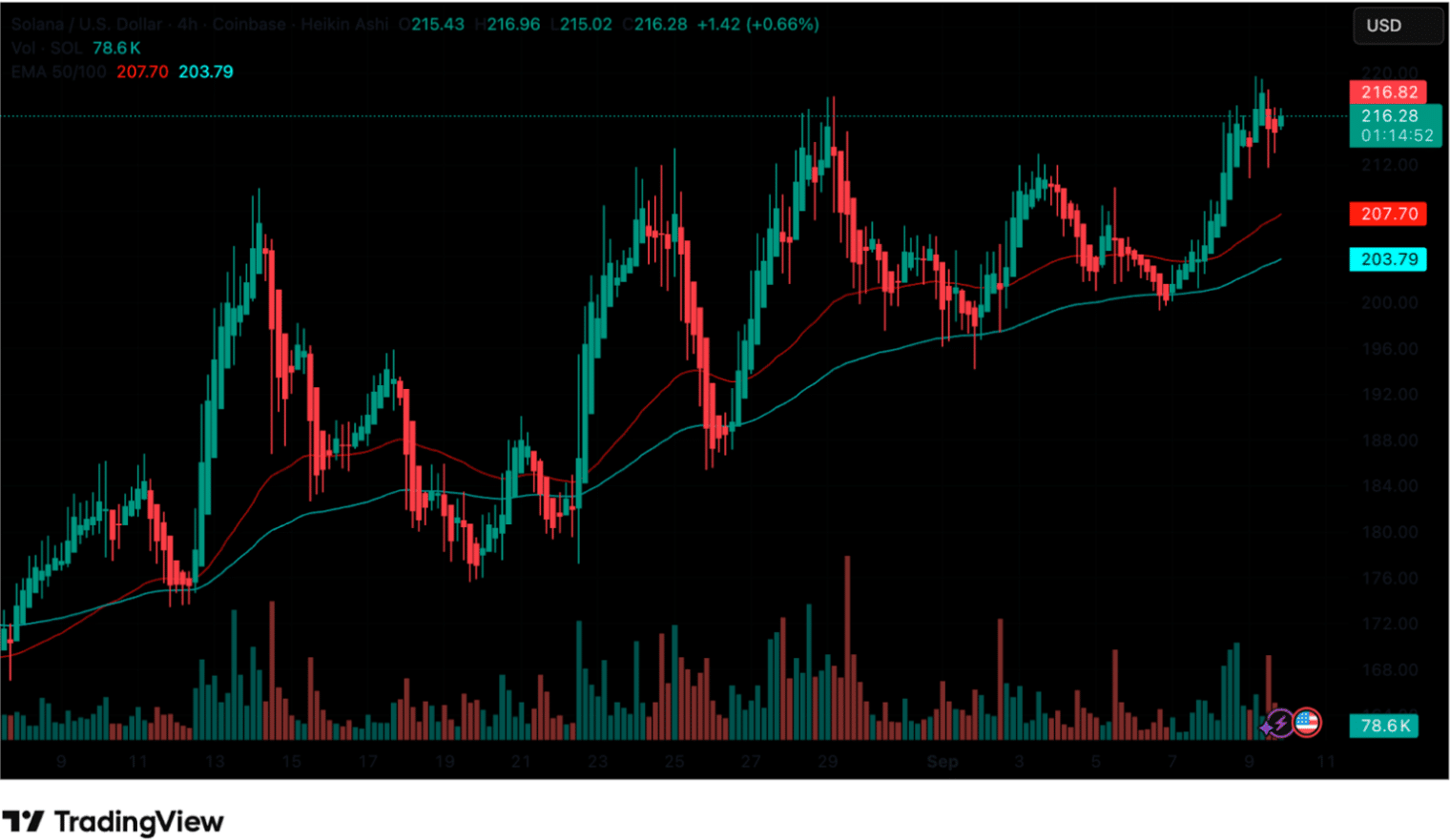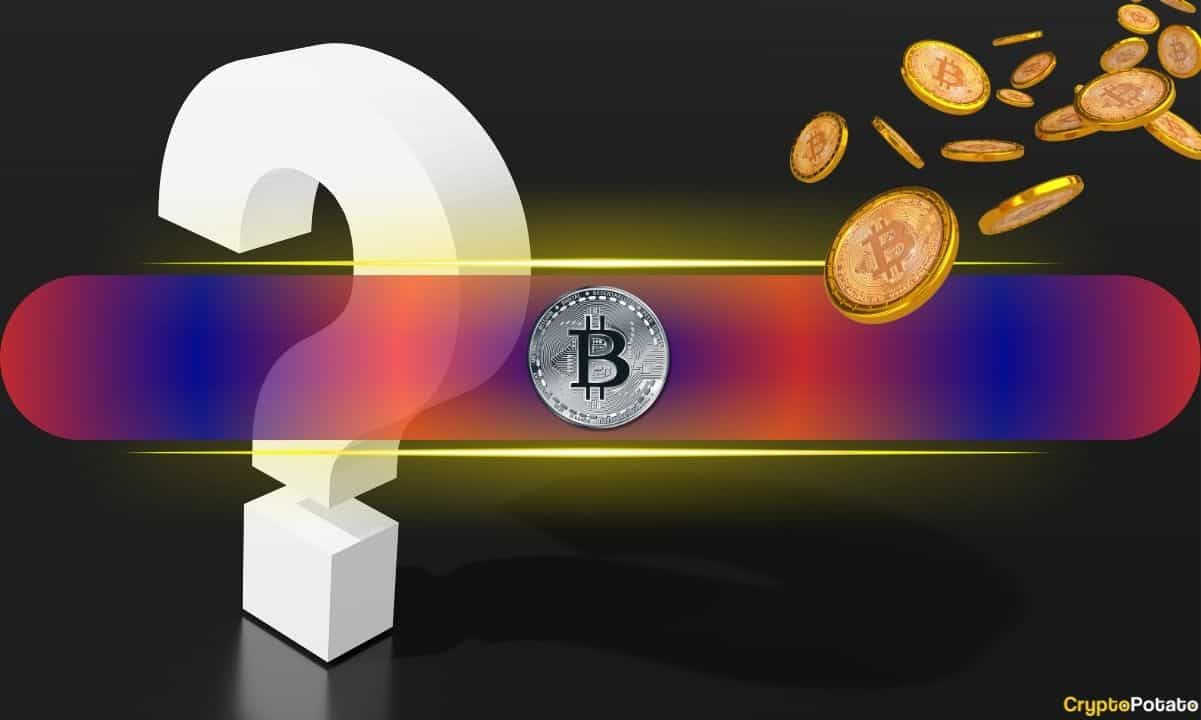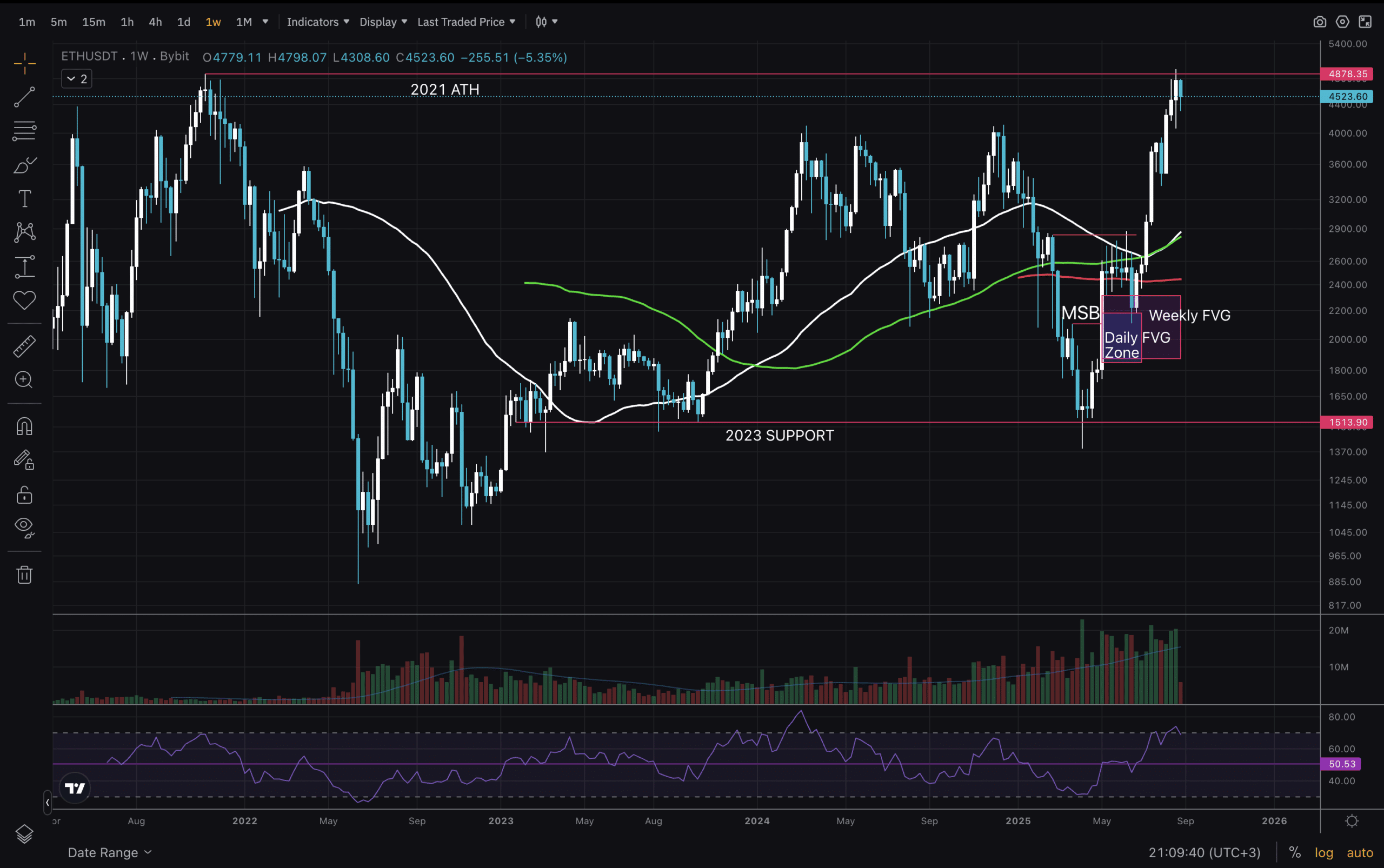Understanding Bitcoin ETFs: A Simple Guide to Spot and Futures
The post Understanding Bitcoin ETFs: A Simple Guide to Spot and Futures appeared on BitcoinEthereumNews.com. Bitcoin has evolved from a niche experiment to a mainstream asset, driving the development of investment vehicles that enable individuals to gain exposure to Bitcoin without directly holding it. Among these, Bitcoin Exchange-Traded Funds (ETFs) have become a significant entry point for many investors who wish to participate in the crypto market with the familiarity and structure of traditional finance. This article explains what Bitcoin ETFs are, how Bitcoin Futures ETFs work, their regulatory landscape, advantages, limitations, and how investors can engage with them responsibly. What is a Bitcoin ETF? A Bitcoin ETF is an exchange-traded fund that tracks the price of Bitcoin, allowing investors to buy and sell shares of the fund on traditional stock exchanges just like they would with stocks or gold ETFs. This means investors can gain exposure to Bitcoin price movements without needing to set up crypto wallets, manage private keys, or directly interact with crypto exchanges. There are two primary types of Bitcoin ETFs, such as, Spot Bitcoin ETFs These directly hold Bitcoin as the underlying asset. When you buy shares of a spot Bitcoin ETF, the fund purchases Bitcoin on your behalf and stores it securely. The ETF’s value reflects the current market price of Bitcoin, minus any fees. Futures Bitcoin ETFs These do not hold actual Bitcoin. Instead, they invest in Bitcoin futures contracts, which are agreements to buy or sell Bitcoin at a future date for a predetermined price. Futures Bitcoin ETFs track the price of Bitcoin indirectly based on these contracts, and their performance may differ from the spot price of Bitcoin due to the nature of futures markets. How Spot Bitcoin ETFs Work A Spot Bitcoin ETF is designed to track the actual, real-time price of Bitcoin by holding Bitcoin as its underlying asset. When investors buy shares of…

The post Understanding Bitcoin ETFs: A Simple Guide to Spot and Futures appeared on BitcoinEthereumNews.com.
Bitcoin has evolved from a niche experiment to a mainstream asset, driving the development of investment vehicles that enable individuals to gain exposure to Bitcoin without directly holding it. Among these, Bitcoin Exchange-Traded Funds (ETFs) have become a significant entry point for many investors who wish to participate in the crypto market with the familiarity and structure of traditional finance. This article explains what Bitcoin ETFs are, how Bitcoin Futures ETFs work, their regulatory landscape, advantages, limitations, and how investors can engage with them responsibly. What is a Bitcoin ETF? A Bitcoin ETF is an exchange-traded fund that tracks the price of Bitcoin, allowing investors to buy and sell shares of the fund on traditional stock exchanges just like they would with stocks or gold ETFs. This means investors can gain exposure to Bitcoin price movements without needing to set up crypto wallets, manage private keys, or directly interact with crypto exchanges. There are two primary types of Bitcoin ETFs, such as, Spot Bitcoin ETFs These directly hold Bitcoin as the underlying asset. When you buy shares of a spot Bitcoin ETF, the fund purchases Bitcoin on your behalf and stores it securely. The ETF’s value reflects the current market price of Bitcoin, minus any fees. Futures Bitcoin ETFs These do not hold actual Bitcoin. Instead, they invest in Bitcoin futures contracts, which are agreements to buy or sell Bitcoin at a future date for a predetermined price. Futures Bitcoin ETFs track the price of Bitcoin indirectly based on these contracts, and their performance may differ from the spot price of Bitcoin due to the nature of futures markets. How Spot Bitcoin ETFs Work A Spot Bitcoin ETF is designed to track the actual, real-time price of Bitcoin by holding Bitcoin as its underlying asset. When investors buy shares of…
What's Your Reaction?






































